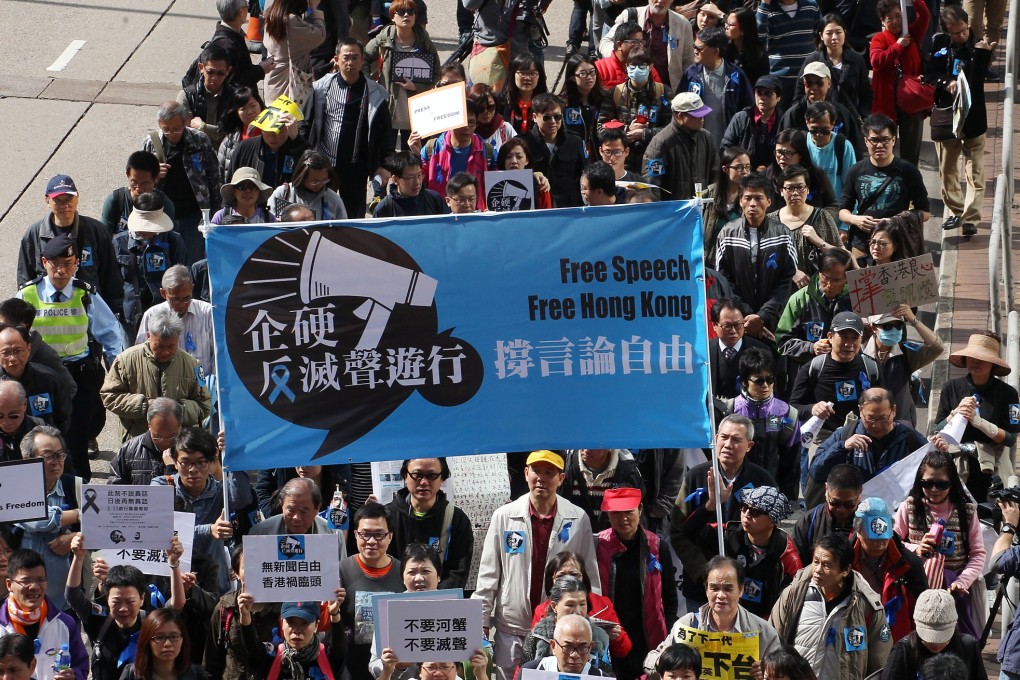Monitor | Who's more damaging, Hong Kong officials or Occupy Central?
Forget scare stories about looming disruption and economic costs from protests, these guys are amateurs compared with government bunglers

Among the grievances aired at Hong Kong's weekend protest against media censorship were complaints that editors have been leaning on local journalists to stress the supposed economic costs of the Occupy Central democracy movement.
I don't know who these editors are, but evidently they know as little about economics as they care about press freedom.
Opponents of Occupy have been warning for months now that the movement will cause economic havoc in Hong Kong.
However, on examination their criticisms of Occupy are vacuous.
If people are concerned about the impact of traffic jams, it is the transport secretary they should be complaining about
The most common scare stories are that Occupy will cause traffic jams, deter tourists, damage Hong Kong's reputation as an international financial centre, scare off investors and make Beijing reluctant to give us more any more handouts from its regulatory goodie jar.
